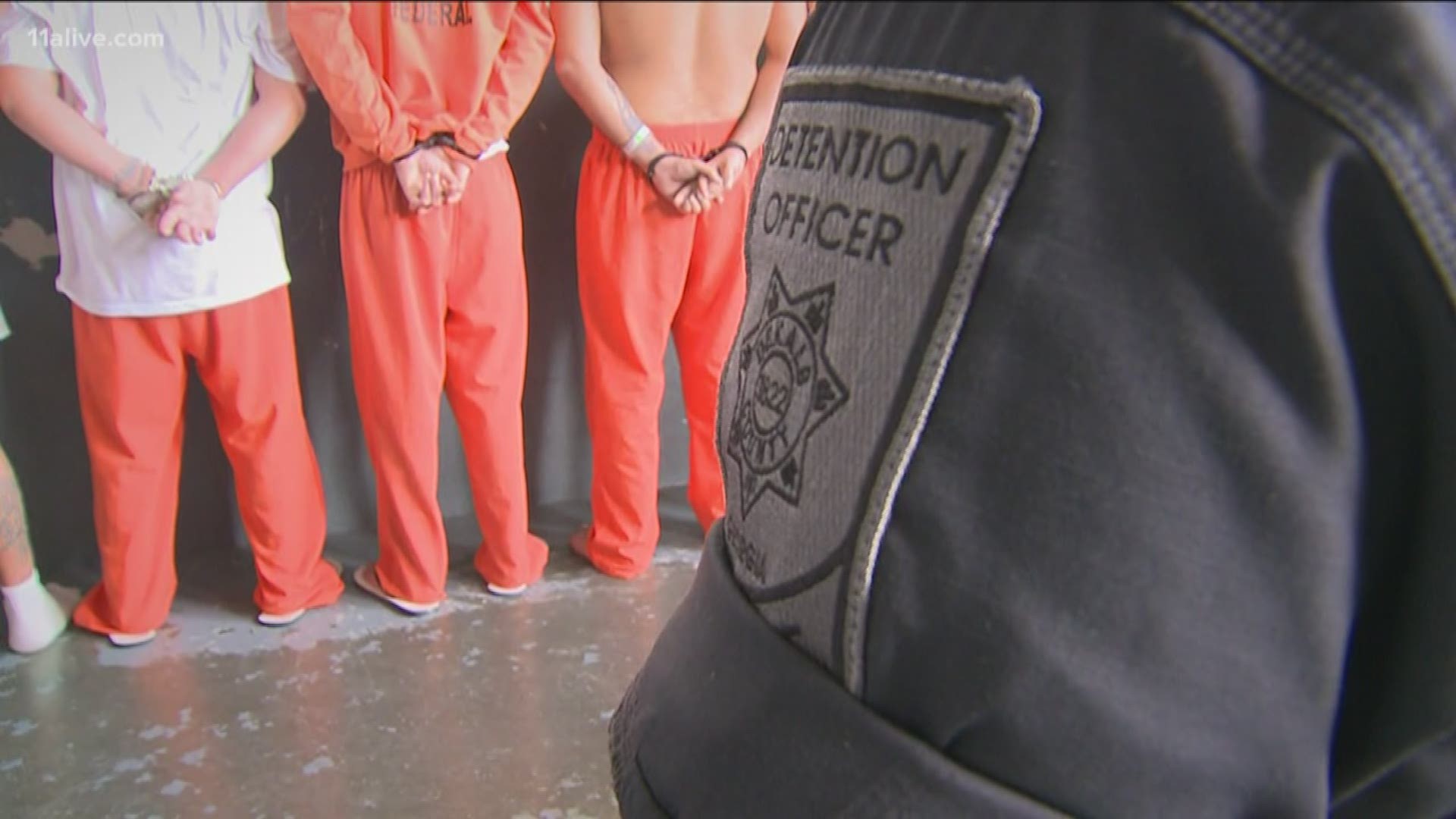ATLANTA — Georgia lawmakers are considering allowing more convicted felons the right to vote. Advocates say more than 200,000 potential voters can’t can't cast a ballot because the state restricts felons from the ballot.
Georgia's law restricting the voting rights of felons dates back generations, and some activists say it’s past time to change it.
"Let's not forget: Once you come out of prison or jail, you come right back to the community," said Christopher Bruce of the Georgia ACLU.
He says, at the very least, Georgia should restore the right to vote to people who have completed their prison sentences. Georgia currently insists that felons serve their parole and probationary periods before becoming eligible to vote.
Bruce, though, thinks incarcerated felons should have the right to vote.
According to the National Council of State Legislatures, felons can still vote while they’re incarcerated in Maine and Vermont. Sixteen other states plus the District of Columbia automatically allow most convicted felons to vote after they’re released from prison.
Georgia is one of the 22 states that mostly deny voting rights to felons until after they complete any parole or probation.
The other 10 states are even more hard-line, many of them making felons mostly ineligible to vote for life.
Georgia is looking at ways to restore voting rights for what lawmakers call “nonviolent felons” while they’re still on parole or probation.
At the Capitol, the concept hasn’t caught fire. Georgia prison inmates are overwhelmingly people of color, a demographic that tends to support Democrats more than the Republicans who hold political power.
But former legislator Doug Teper thinks it wouldn’t necessarily put Republicans at risk.
"If you're a Republican legislator, it’s not like you'd have a big group of convicted felons who are going to come in and vote against you in your district," said Teper, a Georgia State University political science instructor. "So, I think it’s not necessarily a threat (to Republicans). I think that’s why they're willing to look at this."
Lawmakers are holding hearings on this – including one Tuesday in LaGrange.
MORE NEWS

